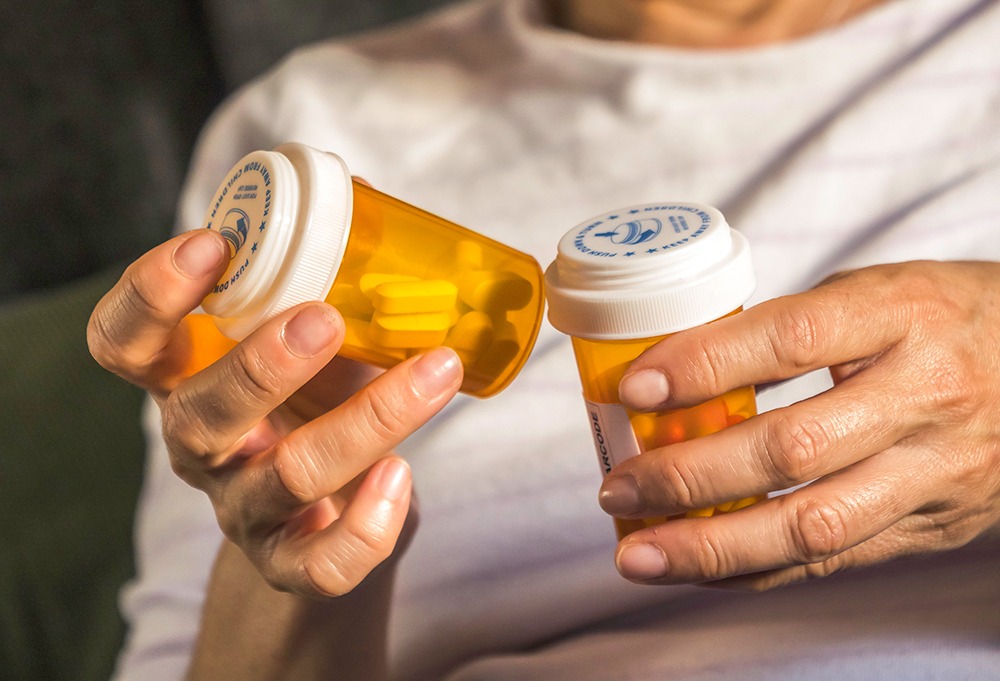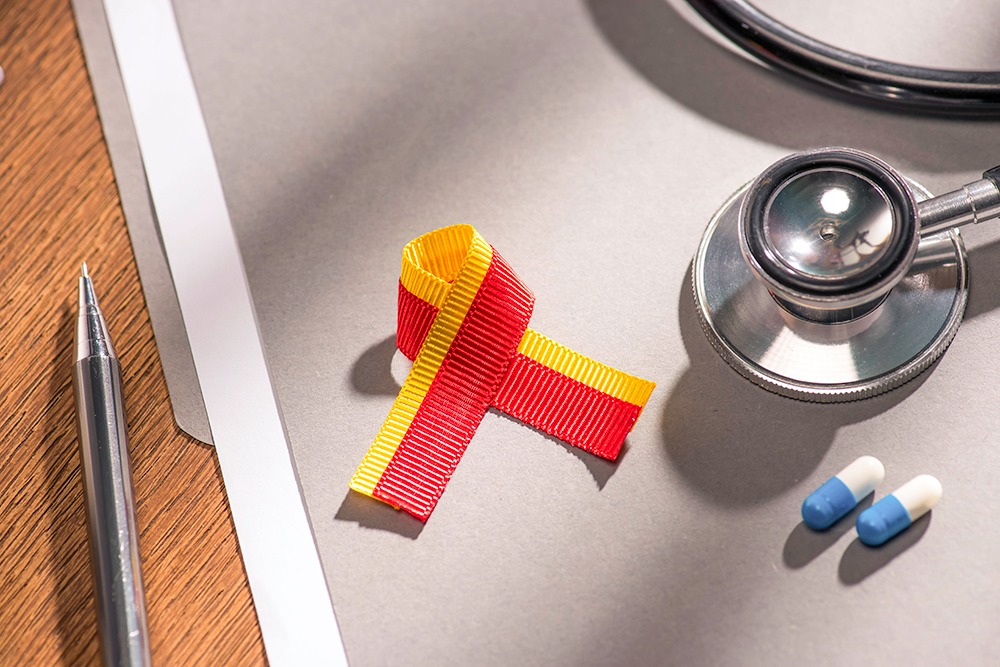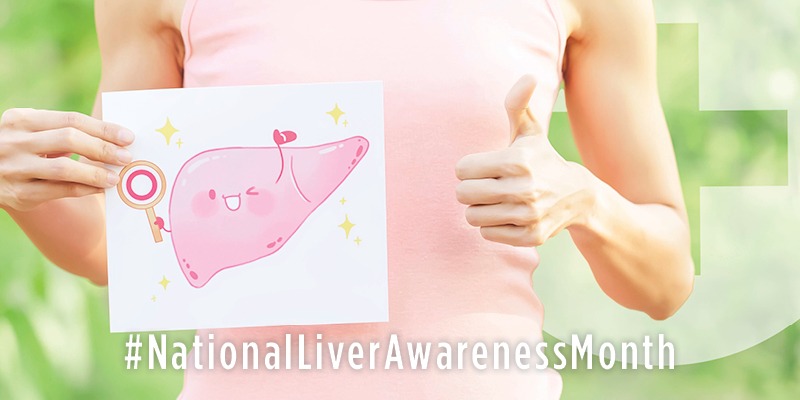Despite the fact that your liver is approximately the size of a football and one of your most important organs (you can’t live for a week without it!), many people don’t give it a second thought – until it’s not functioning optimally. Your liver helps to metabolize your food, remove toxins from your body, adjust cholesterol levels, absorb fats, and store sugar. The good news is that it’s not difficult to take care of your liver – most of the things you’re already doing to be healthy help you care for your liver, too.

01. Exercise and eat well –
keeping your weight in check and not over-burdening your liver with too much fat and sugar helps to prevent nonalcoholic fatty liver disease, which can lead to cirrhosis.
02. Give attention to your medications –
certain medications, like acetaminophen (Tylenol) can be hard on your liver. And some medications interact with other chemicals (like alcohol) in ways that can damage your liver. Even some dietary supplements can be harmful. Make sure your physician is aware of any medications and supplements that you take, to ensure there are no potentially harmful interactions.


03. MODERATE YOUR ALCOHOL CONSUMPTION –
most people are aware that overconsuming alcohol can be hard on your liver; however, many people don’t know that the guidelines for daily alcohol consumption are two drinks for men and one for women. More than that can start to scar your liver – even if you aren’t an alcoholic or get drunk on a regular basis.
04. DRINK COFFEE –
on the bright side, it appears that drinking coffee can have a positive impact on your liver. Recent study results have found that drinking 2-3 cups of coffee a day can help protect your liver from cirrhosis.


05. PREVENT HEPATITIS –
There are three strains of hepatitis and all three (A, B, and C) can damage your liver. Hepatitis is a viral disease, and most people in the US are vaccinated for hepatitis B as young children. Hepatitis A, which is contracted from contaminated food or water, is not common in the US and isn’t usually associated with long-lasting illness, though there is a vaccination for it, as well. Hepatitis C is spread through blood and body fluids (as is Hep B), but there is no vaccination. To prevent contracting it, it’s best to not share items that come into contact with bodily fluids, like toothbrushes, razors, or needles, and to have protected sex.
Taking care of your liver is pretty simple! Most of what you already do to take care of yourself supports your liver health, as well. With some extra attention in a few areas of your health, such as your medications or exposure to bodily fluids, you can help prevent any potential damage and enjoy healthy metabolism and digestion for a long time.

